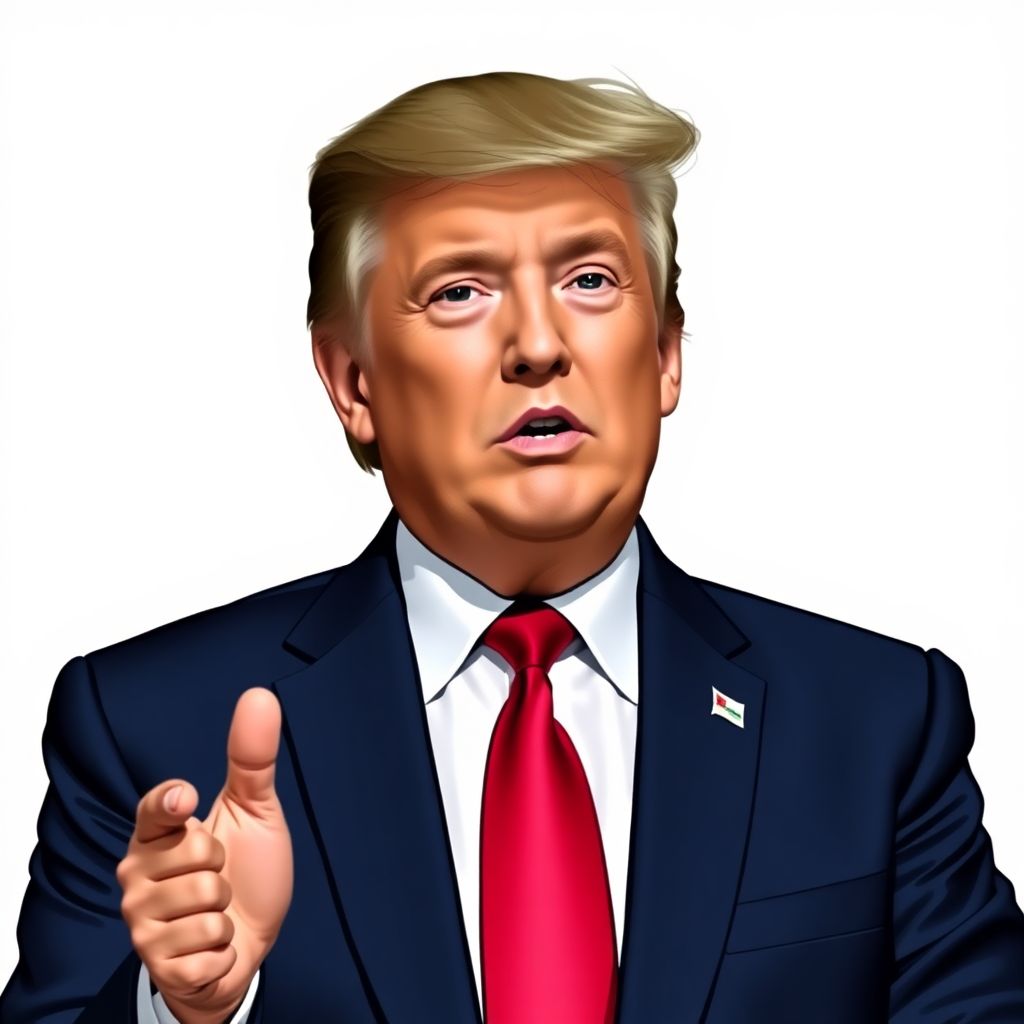Trump Hit With New Challenge as Lawmaker Seeks to Ban Crypto and Stock Trading by Elected Officials
Former President Donald Trump may soon face substantial legal restrictions that could limit his financial activities if a new proposal gains traction in Congress. Representative Ro Khanna has announced a legislative initiative that would prohibit current and future elected officials — including the sitting or former president, members of Congress, and their immediate family members — from engaging in certain financial practices involving cryptocurrencies and stock markets.
This proposed legislation is part of a broader effort to address potential conflicts of interest and enhance transparency among public servants. Khanna’s plan aims to prevent political figures from owning, issuing, or trading digital assets while in office. More specifically, the bill would require divestment from crypto holdings and prohibit the creation of new tokens or acceptance of foreign funds linked to crypto-related ventures.
The initiative comes at a time when scrutiny over elected officials’ financial dealings has sharply increased. Recent developments involving Trump and his alleged ties to cryptocurrency projects have intensified concerns about the intersection of political power and financial influence. Reports suggest that some of Trump’s associates and family members have been connected to ventures in the crypto space, with one stablecoin project allegedly valued at up to $2 billion.
Khanna referred to a “disturbing pattern” of interactions between government figures and crypto executives, which he argues poses serious ethical dilemmas. A particularly controversial episode was Trump’s reported pardon of Binance founder Changpeng Zhao, an act that critics claim illustrates the potential for favoritism toward crypto insiders. Although some media outlets later corrected details surrounding Zhao’s legal status, the incident remains a central example in Khanna’s argument for reform.
This isn’t Khanna’s first attempt to reduce financial conflicts among lawmakers. In 2023, he championed the Ban Congressional Stock Trading Act, which sought to curb equity trading by members of Congress. His latest proposal expands this effort by including digital assets and crypto-related financial instruments.
Other Democratic lawmakers have backed Khanna’s concerns. In a move that underscores the seriousness of the issue, some have formally requested that the Securities and Exchange Commission preserve records related to the Trump family’s crypto dealings. That request, dating back to April 2025, is part of a broader investigation into the financial entanglements of political figures with the cryptocurrency industry.
The proposed bill includes several key provisions: elected officials would be barred from trading or holding digital assets during their time in office; they would also be prevented from launching or promoting new tokens; and they would be restricted from accepting any foreign investments tied to cryptocurrency. These rules aim to ensure that public officials remain impartial and uninfluenced by private financial incentives during their tenure.
The legislation could also include wider restrictions. Some versions of similar proposals circulating in Congress propose extending trading bans to traditional securities such as stocks and bonds. A number of bills have already been introduced in the 119th Congress to limit financial activities by top government officials, focusing not only on digital assets but also on broader investment behavior.
While the bill targets general ethical standards, its timing and focus have inevitably drawn attention to Trump’s financial footprint. Critics argue that Trump’s alleged involvement in speculative crypto ventures and his political decisions that benefit the industry underscore the need for clear boundaries. Supporters of the bill claim that such measures are not politically motivated but necessary to preserve public trust in democratic institutions.
Meanwhile, the debate over crypto regulation continues to unfold at the federal level. With the rapid rise in popularity of digital assets, lawmakers are under pressure to define the rules of engagement for both private citizens and public officials. The growing overlap between politics and blockchain technology has sparked conversations about transparency, security, and the potential for insider knowledge to be exploited.
Experts believe that, if passed, such a law could significantly reshape how elected officials manage their personal finances. It could also deter those seeking office from leveraging their political influence for private gain, particularly in emerging markets like cryptocurrency, where oversight is still developing.
Some critics of the bill caution that overly broad restrictions might discourage tech-savvy individuals from entering public service. They argue that not all interactions with digital assets present ethical risks and that a more nuanced approach may be needed. However, proponents counter that the benefits of a clear, enforceable standard outweigh these concerns.
In the broader context, this legislative push reflects a growing recognition that financial innovation, including crypto, must be matched with updated ethical guidelines. As blockchain technologies become more integrated into the global economy, the need for accountability in government has never been more urgent.
Whether or not Khanna’s proposal is enacted, it signals a shift in how lawmakers view the responsibilities and limitations of public service in the digital age. The message is clear: when it comes to balancing power and profit, transparency must come first.

